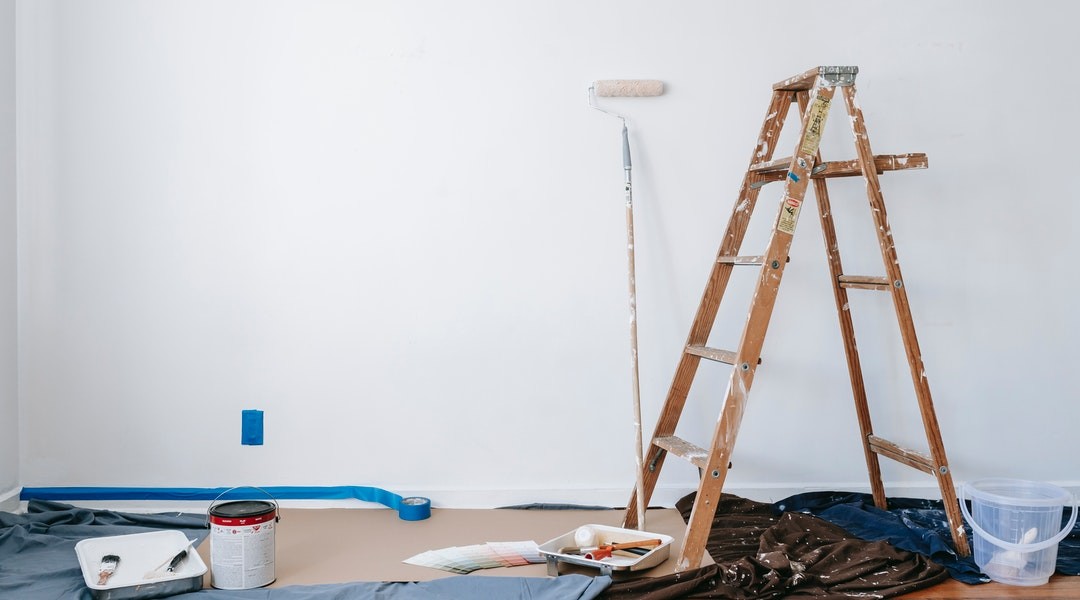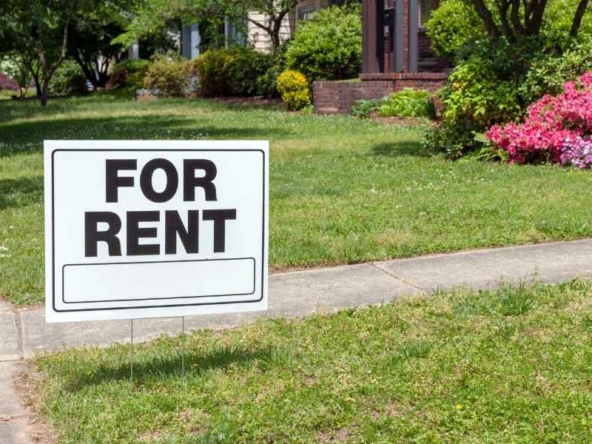Rental property maintenance is one of the most important landlord tasks for any property owner, and it’s mostly regarded as the greatest “pain point” for rental property owners.
Even while we’d all want to keep 100% of our rental revenue, some property maintenance expenditures still can’t be avoided. A portion of our money as rental property owners should be set aside for good property maintenance.
Having a rental property and keeping it in excellent condition may take a lot of time, effort, and money. The property’s condition and age determine the cost of property maintenance. Even though many maintenance difficulties cannot be predicted or avoided, others may be handled before they become a significant concern.
Here are a few pointers to help you handle your rental property maintenance more effectively:
1. PREVENTIVE MAINTENANCE IS YOUR BEST FRIEND
Effective rental property maintenance keeps your renters comfortable, healthy, safe, and happy while also ensuring that your property runs smoothly. To save costs and effectively maintain a rental property, it’s always advisable to practice preventive property maintenance.
Repairing a small water leak sooner will be easier and less expensive than replacing the flooring later. Renters may be busy like the rest of us, which is why reporting an issue on the property could be reported late or even forgotten. As a result, the most crucial stage in preventive maintenance is frequent property inspections. It can save you tens of thousands of dollars in repairs.
At least two times a year, inspections should be performed. You should be on the lookout for anything that might cause harm to the property’s structure, water leaks, a leaky roof, and the need to replace the batteries in smoke detectors.
You should put as many clauses in the lease as necessary to specify who is accountable for the property’s upkeep.
It’s also essential that you always reply immediately to your renters’ repair needs. If you don’t treat their needs as urgent, your tenants might lose interest and stop caring for your rental property. Resolving these concerns quickly will also aid in the retention of good tenants.
2. TENANT TURNOVER IS TO BE EXPECTED
Tenants moving in and packing out of your rental property is unavoidable, even if you do everything in your power to make them feel comfortable and happy in your apartment. Even a good, long-term tenant may be forced to leave due to life changes. These changes in tenants in your rental property can cost you money and time due to property maintenance that might be involved. New paint, cleaning fees, carpet, repairs, and bringing specific interiors up to standard are all things you’ll have to do to get the property ready for the new occupant.
3. BE PREPARED FOR UNEXPECTED REPAIRS AND MAINTENANCE
Every property may require unforeseen maintenance and repairs at some point, so keeping a reserve of money is essential. You should budget for both present and future costs.
One of the most challenging things to budget for is rental property maintenance. Every property is unique, and maintenance expenses vary greatly based on the size and age of the property. You should also be prepared for unforeseen repairs that aren’t part of regular house maintenance.
Things will break whether your rental property is 20 years old or newly built. Water heaters, heating, air conditioning units, and other equipment do not last forever, and natural wear and tear can cause difficulties.
Keep in mind that they may only require periodic maintenance, but if the situation is dire, a total replacement may be required. It is your responsibility to ensure that you are prepared for any scenario and that those costs are considered in your budget.
It is suggested that you set aside 10% of your monthly rent as reserve money. There will be months when your rental property has no maintenance difficulties, but you should preserve that money nevertheless in case a major repair is required in the future.
4. ALWAYS CONSIDER WEAR AND TEAR
Wear and tear is unavoidable when renting out a property, and as a landlord, you’re responsible for any necessary repairs. Typical wear and tear includes roof leaks, scrapes on the floor, failed appliances, and fading or chipped paint. However, the tenant should be held liable for property damage other than normal wear and tear.
It is always a good idea to keep track of the property’s condition. The simplest approach to achieve this is to take photographs. You will prevent hassles and possible conflicts if you have to retain the security deposit when they move out, if you have images of the property condition right before they move in and with each inspection.
THE ANSWERS TO AFFORDABLE RENTAL PROPERTY MAINTENANCE
It’s always critical to keep maintenance expenses minimal for a healthy cash flow.
When buying a house with the purpose of renting it out, keep in mind that the landlord is responsible for all significant maintenance concerns, such as the HVAC system, electrical, plumbing, and keeping a safe and pest-free environment.
Landscaping should be basic and low-maintenance, especially if you want to accommodate pets; your renters will love this.
Always hire licensed professionals when having repairs made to your property. This will not only protect you as a landlord in the event that something goes wrong throughout the procedure, but it will also allow you to have a good quality job done.
Hire a reputable rental property management company to do all of the management and maintenance work for you. Making sure you get the best renters for your property will guarantee that it is in the best possible shape and save you a lot of funds in the long run.
If you’re looking for a rental property management company to work within Dallas, TX, localdwelling.com is the best choice! Feel free to contact us now to learn more about services or to speak with a member of our staff about your rental property, and let’s make your property management seamless.





